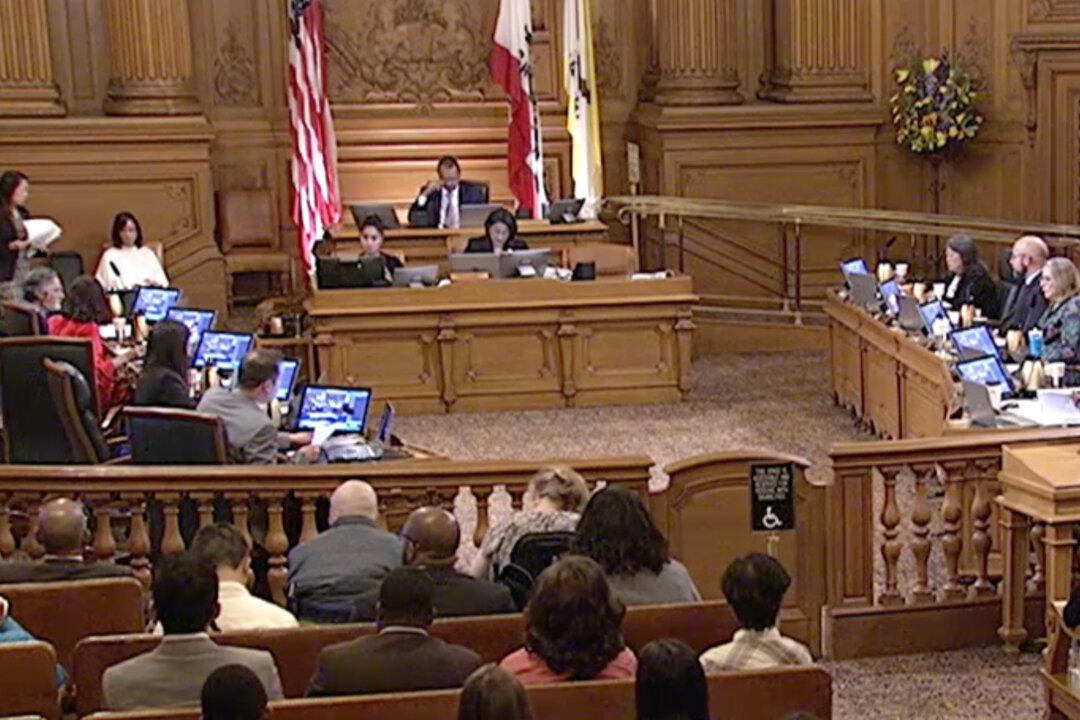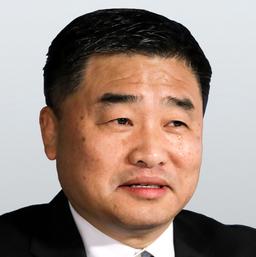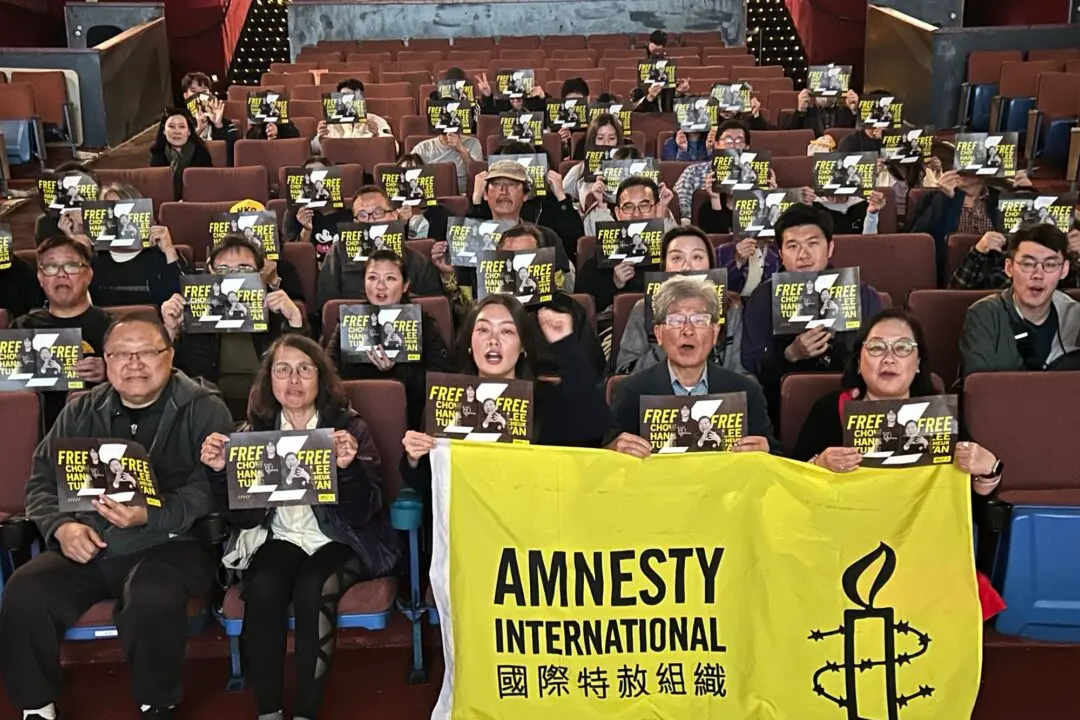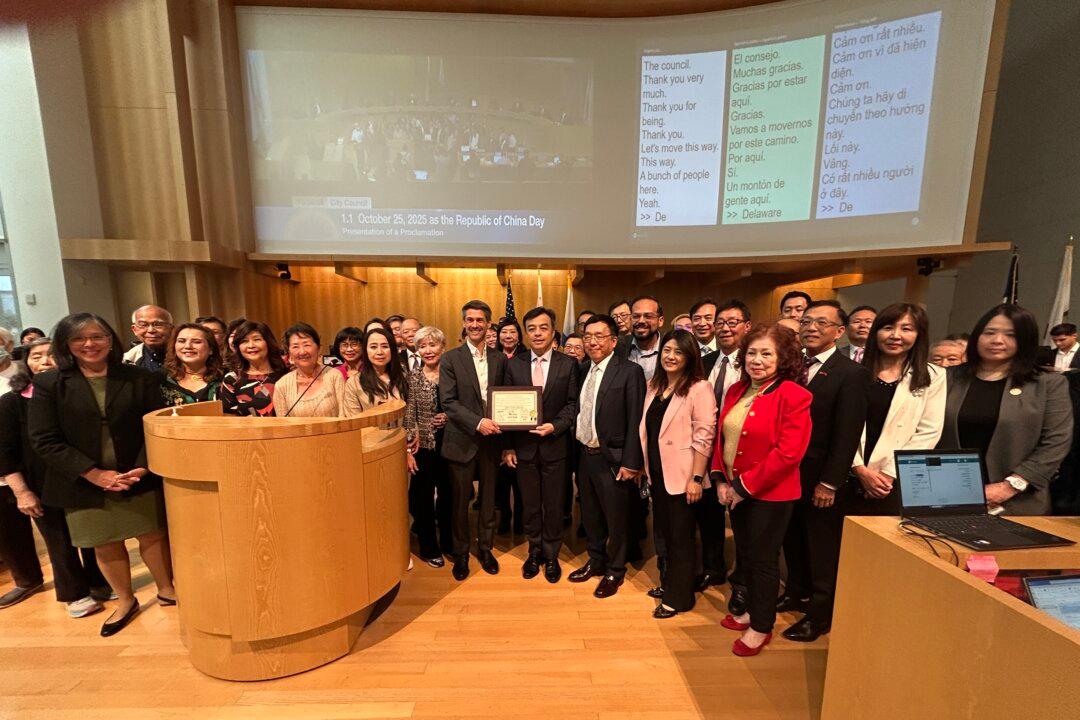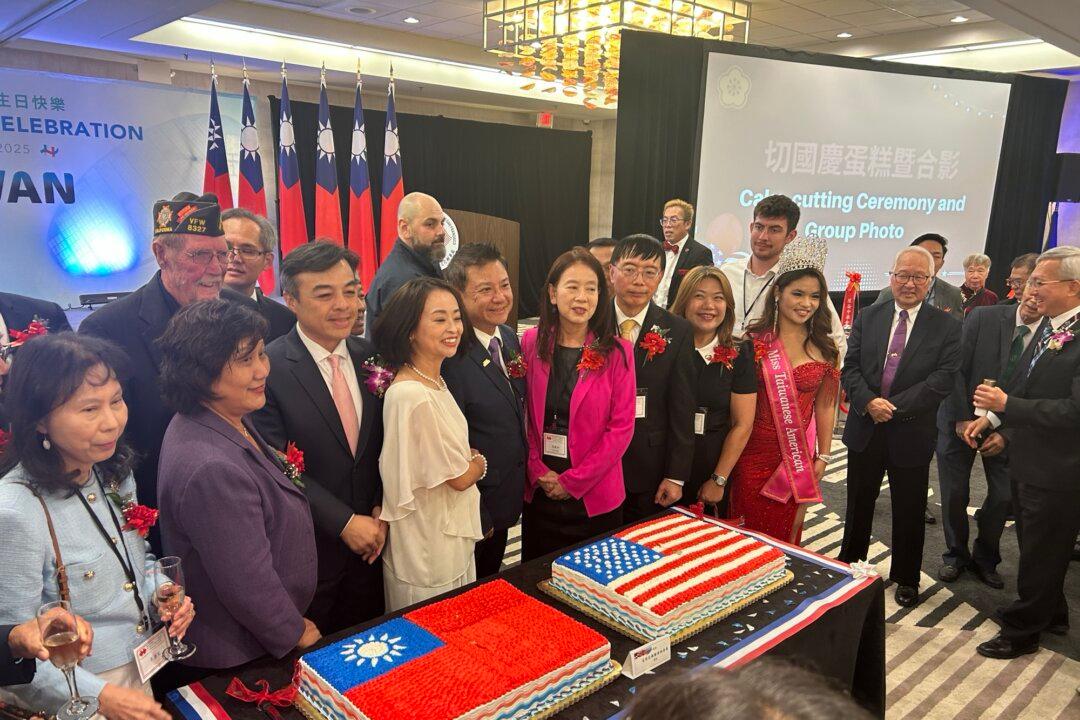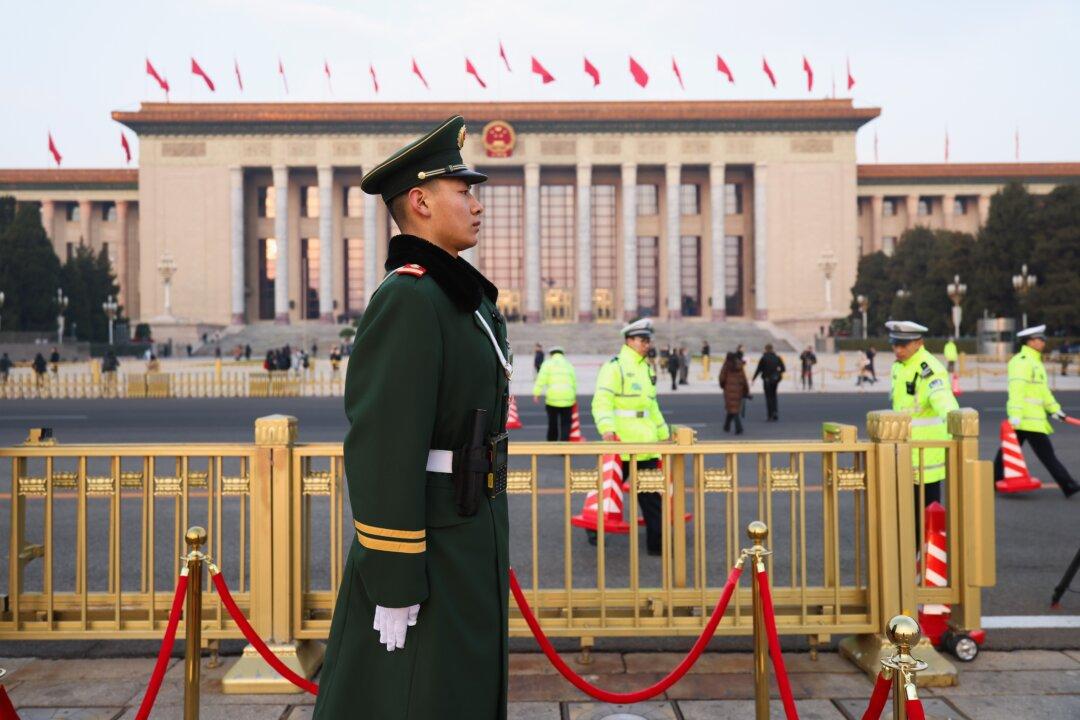SAN FRANCISCO—The San Francisco Board of Supervisors passed a resolution on June 4, the 30th anniversary of the Tiananmen Square Massacre, to give recognition to the late Rose Pak, a well-known political power broker who was infamous for defending the massacre.
The controversial resolution was to urge the San Francisco Municipal Transportation Agency (SFMTA) to name the upcoming Chinatown subway station after Pak.
